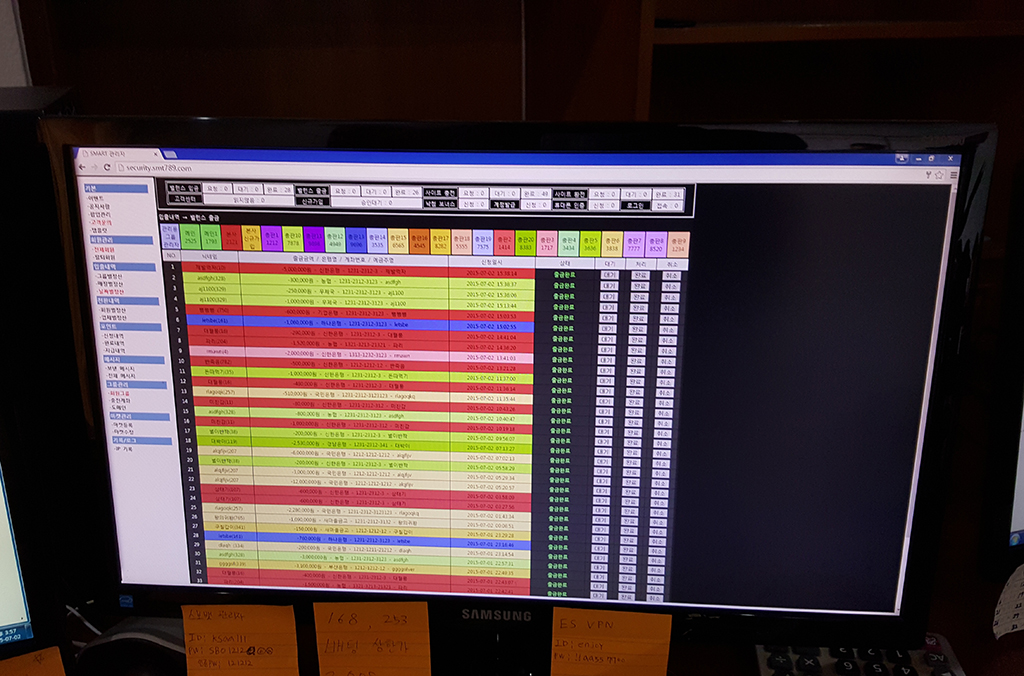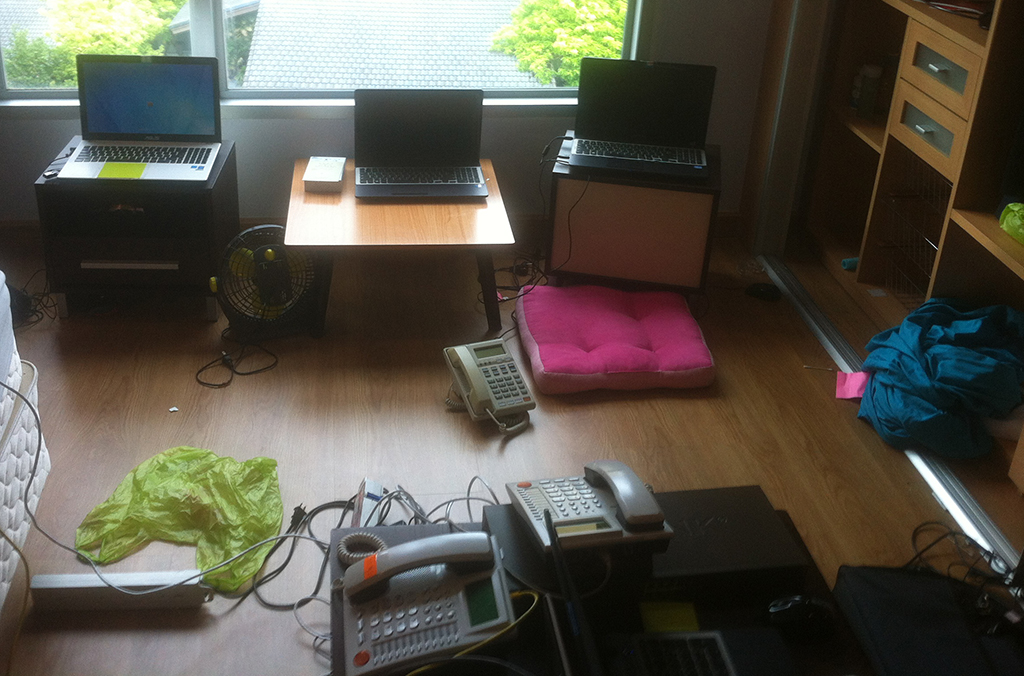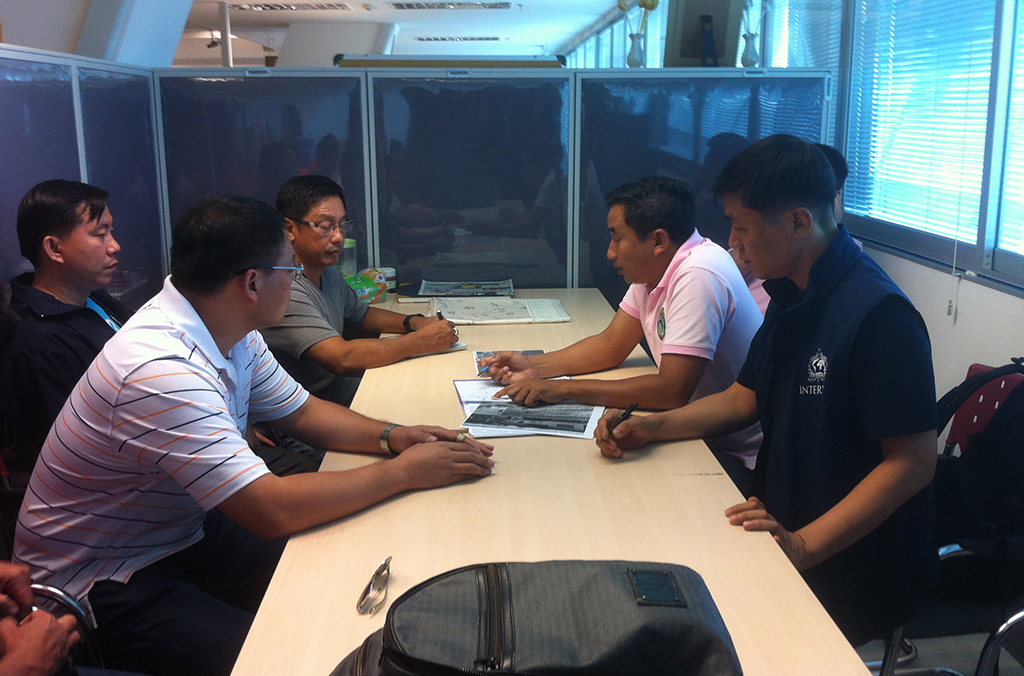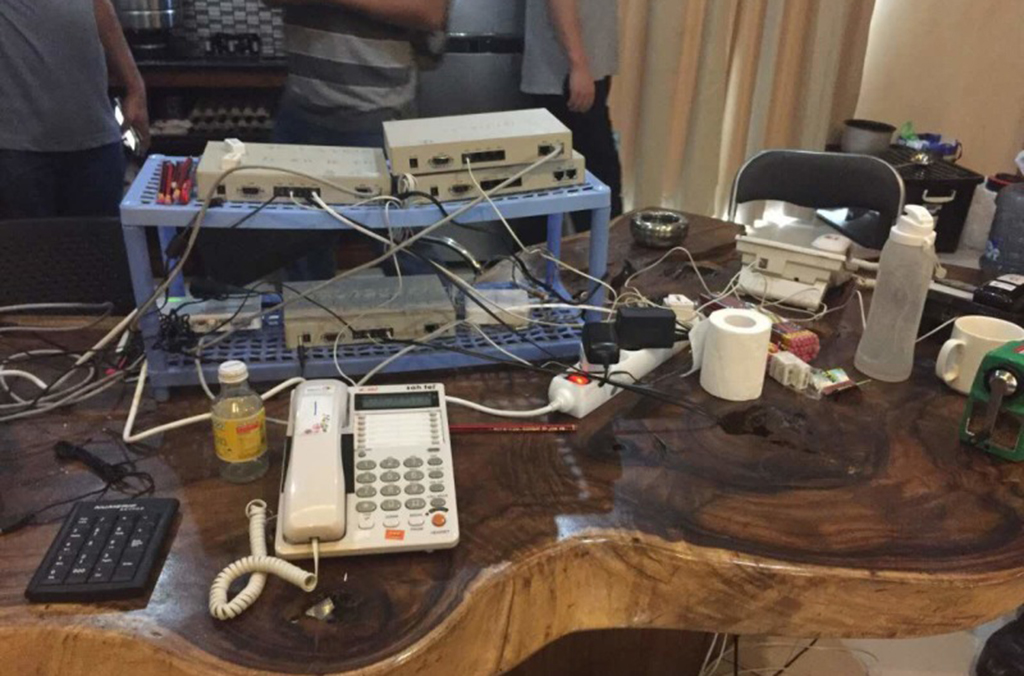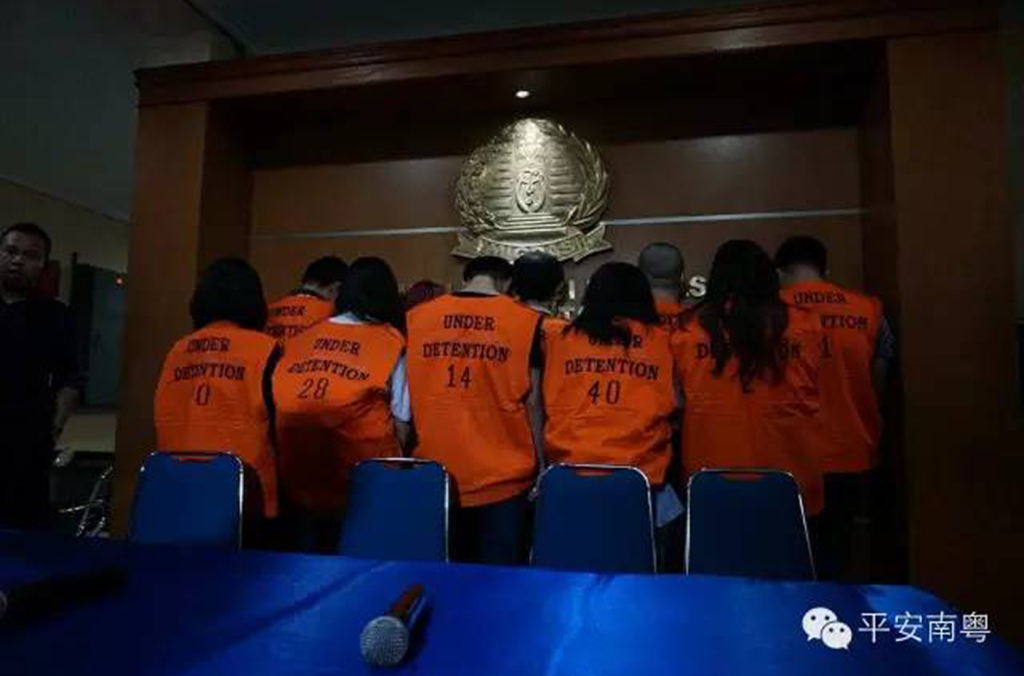LYON, France – More than 500 people have been arrested and 15 call centres shut down in an INTERPOL-coordinated operation targeting multi-million dollar phone and email scams across the Asia Pacific region.
Involving 23 countries, Operation First Light 2015 resulted in a series of raids across the region with the largest in Indonesia where police arrested 245 Chinese and Taiwanese individuals, and in Cambodia where 168 Chinese nationals were taken into custody.
Korean, Nigerian, Filipino, Russian and Taiwanese nationals were also among those arrested in China, Hong Kong (China), Korea, Thailand and Vietnam during the two-month long operation during which more than 30 suspicious call centres were identified.
‘Social engineering fraud’ is a broad term that refers to scams through a range of means – including phone calls and social media – to manipulate or trick people into giving out confidential or personal information which can then be used for financial gain by the criminals involved.
In one scam discovered during Operation First Light 2015, fraudsters claiming to be couriers would contact a victim saying a parcel in their name had been linked to criminal activity.
The call would then be transferred to other scammers pretending to be police officers who directed the victims to a fake website where bogus arrest warrants featuring their name had been posted. In order to prove their innocence, the victims were told to provide personal details and send money to designated bank accounts and in some cases, scammers posing as police officers took the cash directly.
“Operation First Light 2015 has been extremely successful in not only in identifying and dismantling the syndicates behind these social engineering frauds, but also in building effective working relationships with our foreign law enforcement colleagues who share a commitment to take action against these crimes,” said Duan Daqi, Deputy Director General of International Cooperation Department at China’s Ministry of Public Security and Delegate for Asia on INTERPOL’s Executive Committee.
“China looks forward to its continued cooperation with INTERPOL and the global law enforcement community in combating all forms of transnational crime,” added Mr Duan.
During the operation, investigation teams from China, South Korea and Hong Kong (China) were deployed to countries where the call centres were based to assist in the identification and repatriation of offenders following their arrest.
Coordinated by INTERPOL’s Anti-Corruption and Financial Crimes unit in conjunction with the Liaison Office in Bangkok, the operation took place between 29 August and 31 October.
Police Major General Sokharasmey Lim, Head of the INTERPOL National Central Bureau in Phnom Penh said: “The successful outcome with the arrest of nearly 100 suspects for telecom fraud at a call centre in Cambodia shows the common efforts by Cambodian and Chinese police with coordination from INTERPOL, especially Lobang and the Anti-Corruption and Financial Crimes unit.”
After receiving a complaint from a victim the participating countries identified the IP addresses used by the suspects, usually in a different country. This information was then shared via INTERPOL to the national authorities involved which then physically located the IP address before conducting a raid on the premises.
“The very nature of these crimes requires an international response which is why INTERPOL is ideally and uniquely placed to assist member countries provide an effective response,” said James Anderson, head of INTERPOL’s Anti-Corruption and Financial Crimes unit.
“The success of Operation First Light 2015 is due to the high level of commitment and resources provided by the involved countries, and has dealt a significant blow to those syndicates preying on innocent victims.”
INTERPOL’s Operation First Light 2014 which involved six countries resulted in the arrest in Thailand of more than 20 individuals and the identification of several syndicate heads who had been generating tens of millions of dollars in illicit profits. Chinese police indicated a reduction of 40 per cent in telecom fraud as a result of the operation.





